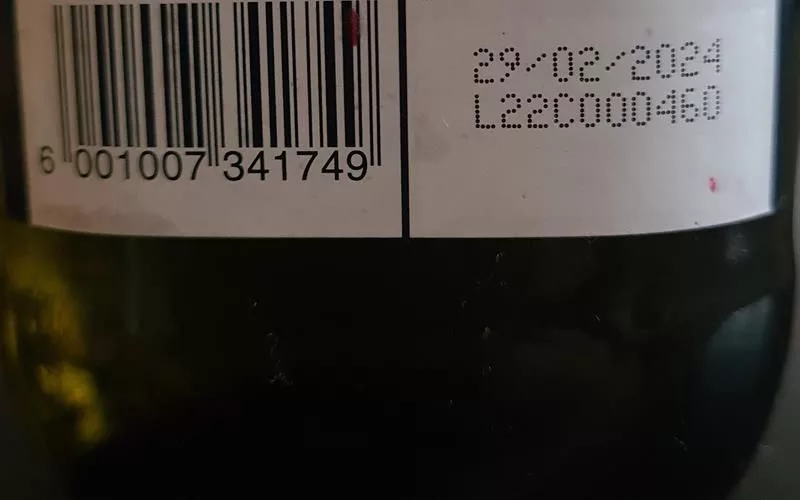Deciphering Date Labels for Safer Consumption
To promote food safety and sustainable living, it is crucial to comprehend food date labels. Although a plethora of labels and symbols can appear intimidating, understanding their meanings can lead to healthier eating habits, cost savings, and diminished food waste. This article aims to clarify various date labels and highlight the significance of adhering to storage and usage guidelines.
In South Africa, Labelling Regulations do not cover the concept of “expired food.” Nevertheless, consumers frequently encounter three specific date labels that significantly impact the safety, quality, and durability of food items. By interpreting these labels, consumers can ensure they purchase and consume food products that are not only safe but also at their peak in terms of quality and flavor.
Councillor Patricia Van der Ross, a Mayoral Committee Member for Community Services and Health, underscores the importance of scrutinizing date labels and examining storage instructions on food packaging. In her view, comprehending these symbols not only ensures food safety but also decreases waste, ultimately leading to financial savings.
Regulatory Compliance and Resources for Food Businesses
Food businesses in South Africa need to adhere to various regulations, such as the Health Act, Foodstuffs, Cosmetics and Disinfectants Act, and Businesses Act. Adhering to these laws, bylaws, and regulations is vital for businesses to maintain food safety and quality standards. Food preparation businesses undergo more frequent assessments compared to those selling pre-packaged, non-perishable items.
The City’s Environmental Health Practitioners play an essential role in ensuring businesses comply with these regulations. These experts offer diverse educational programs for small food enterprises and deliver one-on-one support at individual locations. Councillor Van der Ross also encourages businesses to fulfill their responsibilities and utilize the available resources offered by Environmental Health Practitioners.
If the public has any concerns regarding food safety, they can contact their nearest Environmental Health Office, the City’s Technical Operations Centre, or submit an electronic service request on the City’s website.
Food Labeling Tips for Public Awareness
To ensure a better understanding of date labels, consider the following food labeling tips:
-
Best Before: This label signifies the date by which the product retains its optimal quality, taste, and freshness. Consuming food beyond the “best before” date might not be harmful but could result in reduced taste and nutritional content.
-
Sell By: This label serves as a guideline for retailers to facilitate optimum product turnover. It assists stores in managing their inventory and customers in determining the freshness of perishable items. However, the “sell by” date does not directly correlate with food safety.
-
Use By: This label indicates the date by which the food product remains safe for consumption. Beyond the “use by” date, the product’s safety and quality are no longer assured, and discarding the item is recommended.
The Value of Understanding Food Date Labels
In summary, mastering the interpretation of food date labels is an invaluable skill that can lead to improved health, financial savings, and decreased food waste. Ensuring we consume safe products while minimizing waste is a shared responsibility that can result in a better lifestyle and a more sustainable future.
So, during your next grocery shopping trip, make a point to examine the date labels on food items and adhere to the storage instructions provided on the packaging. This small yet significant action can greatly impact your health, finances, and the environment.








